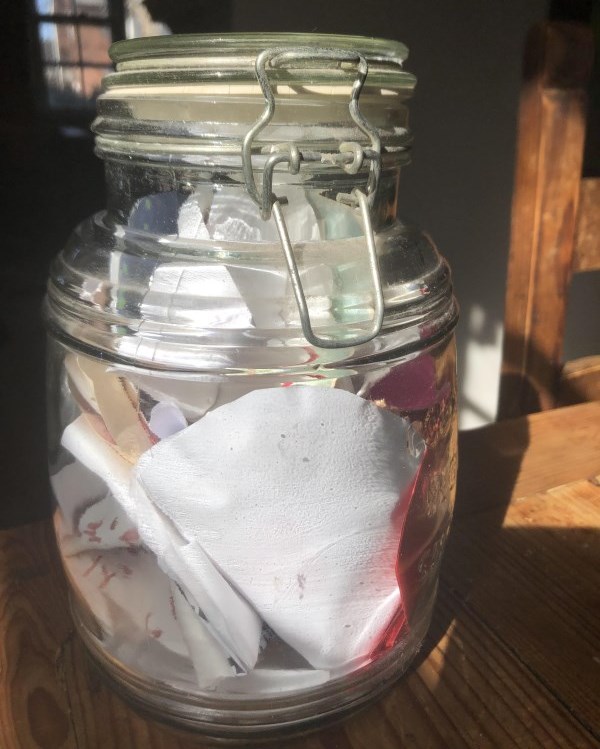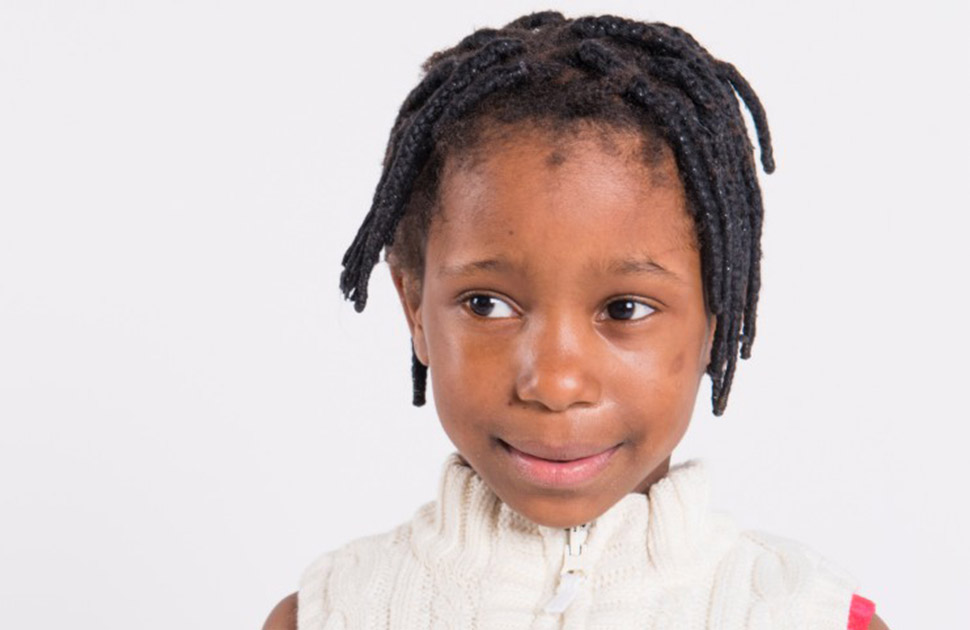
This article was written by Shonna Tuck, a Speech-Language Pathologist at CHEO. We hope these tips help you create opportunities for social learning at home.
These are difficult, uncertain days. If you are a parent who entered this pandemic already worried about your child's ability to socialize with peers, not being able to have your child interact with other children may be an additional stressor. Please know, that in times like these, what is most important is that you and your family simply find your rhythm to get through and try to stay well.
These suggestions are not provided to create stress, additional expectation, or worry. They are there for you to think about and incorporate into your life if, when, and how it may make sense to you.
With that in mind, here are 5 quick ways you can create opportunities for social learning at home right now without a peer for your child to directly learn from and help to ready your child for when they get back to being able to interact with other children.
1. Positive, responsive play:
It is often easier for your child to demonstrate their strongest social ability with an adult who knows them very well. When we look at children's social interactions, we often find that they are longer, and social initiation happens more easily with an adult, responsive, play partner. Every time you play together, even if it is 5 good minutes of lego, your child is learning from you. When you play in a way that models for your child how to take turns, make positive comments, and include their ideas, you are showing your child how to play in a way that peers will enjoy interacting with them too.
Key message here: You can work on helping them learn to be a friend that other kids would want to pay with by modeling how to play positively.
How to do it?
- Sit face-to-face and prepare to follow their lead
- Do what your child does in play then wait to see what they does next
- Say what your child says (and add a word or idea) and then wait to see what they do next
Basically, you are copying what your child says and does. Then you are stretching them and making them more flexible by adding a new idea or word.
2. Try to play games that require your child to track whose turn it is:
Maybe try building a super-tall tower with alternating colors- they can only use blue blocks and you can only use red. Maybe you play a memory game where you find the pictures that match. You could try taking turns building a marble run, or zooming cars, or putting ponies in a barn. The options are only limited by your imagination.
Key message here: Any game where your child takes turns helps them learn to wait, tune in, and share the moment.
3. Use books as conversation starters:
When using books to help with social learning, try to worry less about actually reading the words, and more about looking at the pictures, giving the main idea of the page and trying to interpret what is happening to the characters. Once you figure out what is happening to the characters with your child, then you can talk about how the character might feel about it. You can even explore ideas around what your child might do and feel a similar situation.
Key message here: Books can be conversation starters and help kids learn about feelings, different perspectives, and problem solving.
4. Model compliments:
Kids who use more positive comments in their interactions with peers tend to be accepted into play more often. Try to catch your child doing something well, being kind, or expressing an interesting idea.
Key message here: Kids tend to play more with kids that they feel good being around. Compliments can be key to that.
5. Make a heart jar:
Any old jar will do. Simply cut out blank paper hearts and, along the lines of learning to express compliments, help attune your child to pro-social actions by "writing them up" and catching them doing something socially positive.
You might point out that you saw your child offer their baby brother a trade when they grabbed his toy without asking, you might point out that they waited his turn when it was time to go down the slide. Write what you saw specifically on the heart and put it in a clear, glass jar in a place that they will see it often.
Review the hearts earned daily to make it part of your routine — maybe at dinner time, or first thing in the morning.
It is important that once something good is written up, it is not removed as a punishment or the heart is reward for something (e.g. if you share with your sister, you get a heart). Just watch for a positive social act and help them take notice of it too.
Some days, particularly now with kids out of their routines, it may be hard to find one good thing... there is always one there! Even if the heart says something like, "I really liked how you helped your sister clean up the massive ink drawing you made on the floor."
And please consider, your child will likely not remember when they are grown, the specifics of this time, but rather the love and honest intention from the people in their life. Please be kind to yourselves as well.
Oh — and maybe, just maybe, someone can make a heart jar for you too!





